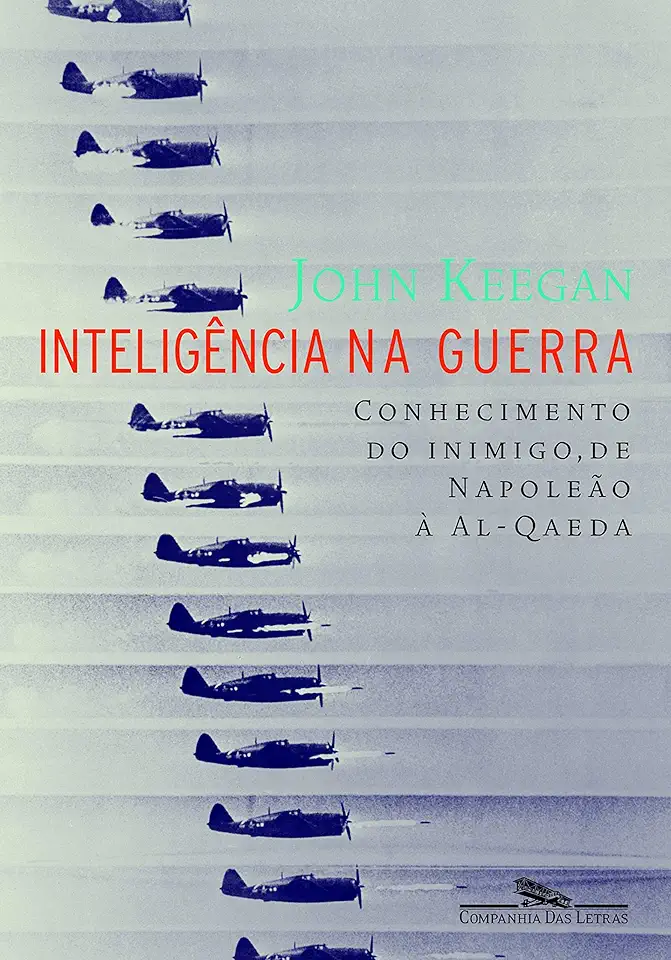
Intelligence in War - John Keegan
Intelligence in War: A Book Review
A Masterful Exploration of the Role of Intelligence in Warfare
In his seminal work, "Intelligence in War," renowned military historian John Keegan delves into the intricate relationship between intelligence and warfare, shedding light on the critical role that information plays in shaping the course of military conflicts. With meticulous research and captivating storytelling, Keegan presents a comprehensive analysis of how intelligence gathering, analysis, and dissemination have influenced the outcomes of battles and wars throughout history.
The Essence of Intelligence in Warfare
Keegan argues that intelligence is the lifeblood of military operations, providing commanders with the knowledge and understanding necessary to make informed decisions and gain a decisive advantage over their adversaries. He emphasizes that intelligence is not merely about collecting information but also about interpreting and disseminating it effectively to ensure that it reaches the right people at the right time.
Historical Case Studies
To illustrate his arguments, Keegan draws upon a wealth of historical case studies, ranging from ancient battles to modern conflicts. He examines how intelligence failures, such as the surprise attack on Pearl Harbor, can have devastating consequences, while successful intelligence operations, like the Enigma code-breaking during World War II, can turn the tide of war.
The Evolution of Intelligence Gathering
Keegan traces the evolution of intelligence gathering from its humble beginnings in ancient times to the sophisticated methods employed in modern warfare. He discusses the use of spies, code-breaking, aerial reconnaissance, and other techniques, highlighting the ever-changing nature of intelligence gathering and its adaptation to technological advancements.
The Human Factor
Keegan emphasizes the crucial role of human intelligence in warfare, arguing that technology alone cannot replace the insights and judgments of experienced intelligence officers. He explores the challenges of managing human sources, dealing with deception and misinformation, and the ethical dilemmas that arise in intelligence operations.
The Impact of Intelligence on Strategy and Tactics
Keegan demonstrates how intelligence can shape military strategy and tactics, enabling commanders to exploit enemy weaknesses, anticipate their moves, and develop effective countermeasures. He argues that intelligence is not just a support function but an integral part of military planning and execution.
Lessons for the Modern Age
Keegan concludes by drawing valuable lessons from history for the modern age. He emphasizes the importance of investing in intelligence capabilities, fostering a culture of intelligence sharing, and ensuring that intelligence is used wisely and ethically.
Why You Should Read "Intelligence in War"
"Intelligence in War" is a must-read for anyone interested in military history, intelligence studies, or the art of warfare. Keegan's masterful storytelling, combined with his deep knowledge and insights, makes this book an engaging and thought-provoking exploration of the critical role of intelligence in shaping the course of human conflicts.
Order Your Copy Today!
Don't miss out on this opportunity to gain a deeper understanding of the fascinating world of intelligence in warfare. Order your copy of "Intelligence in War" today and immerse yourself in the captivating narratives and profound insights that John Keegan has to offer.